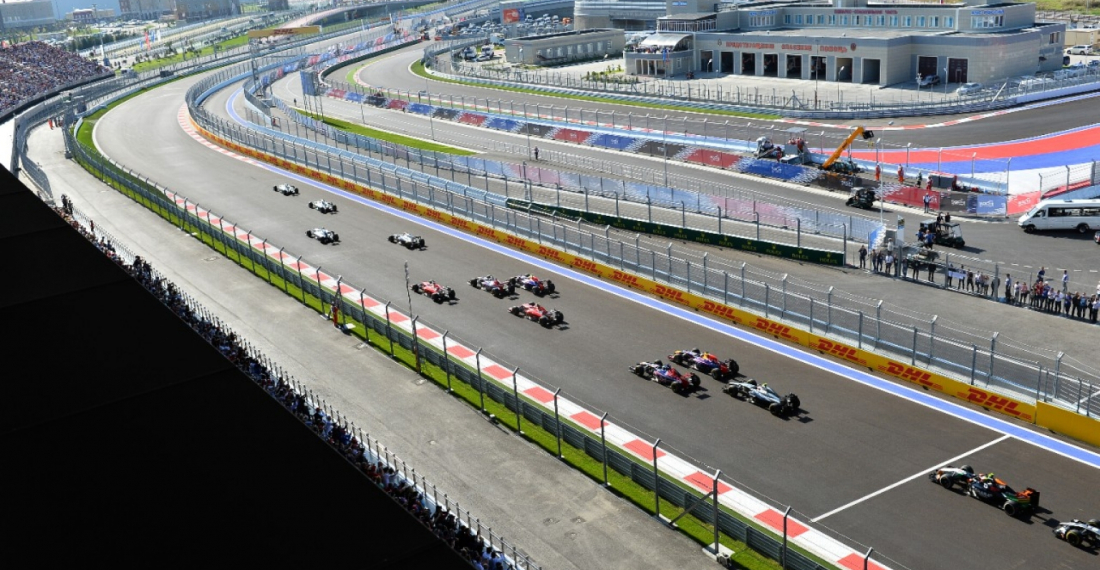Formula One, the highest class of international racing, has cancelled the Russian Grand Prix from the calendar due to the Russian invasion of Ukraine. The event was scheduled to take place at the Sochi circuit in September, but according to the organisation behind the racing championship, the "current conditions" make it "impossible" to hold the race.
"We are watching the developments in Ukraine with sadness and shock and hope for a swift and peaceful resolution to the present situation," F1 said in a statement Friday. "Formula One, the FIA, and the teams discussed the position of our sport, and the conclusion is, including the view of all relevant stakeholders, that it is impossible to hold the Russian Grand Prix in the current circumstances."
The Sochi circuit had hosted the Russian Grand Prix since 2014, an event where President Vladimir Putin was regularly present to hand out prizes afterwards. This year should have been the last race in Russia's largest seaside resort city, after which F1 would move to a track near St Petersburg from 2023 onwards. Whether those plans are now also off the table, Formula 1 has not yet revealed.
Formula One had scheduled a race in Sochi on 23-25 Septeber 2022. Since 2017, the Russian state-owned bank VTB has been the title sponsor of the Grand Prix in Russia.






